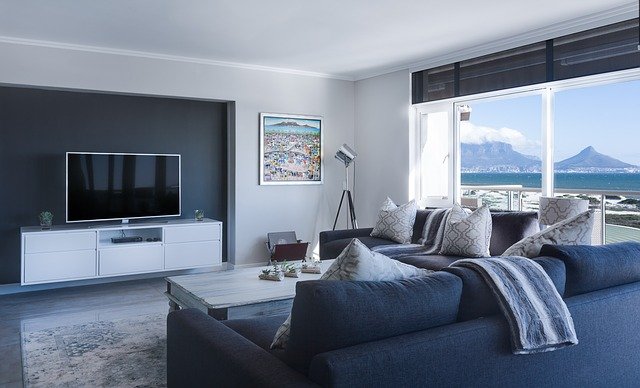
Is your air conditioner unit becoming less efficient? Maybe you’ve noticed that it is taking longer for your AC unit to cool down your room or that it requires servicing more often now.
Whatever the reason, it’s time to be on the lookout for improved specifications along with your new AC unit.
Below are some tips which you might find helpful for your next AC unit purchase and installation.
Match Your Budget with the Right AC Type
What is your budget for this new installation? You should factor in the costs of a new AC unit as well as any installation and service fees before you start shopping.
Depending on your total budget, you may find certain AC types more suitable, such as portable evaporative coolers, ductless or split AC units, or even a window unit.
Once you’ve set a budget, you can browse AC units online and filter them by product type and pricing.
Calculate Air Conditioner Size Needed
Determine the square footage of your room by utilizing air conditioner size calculation methods properly.
By knowing the size of your room, you’ll be able to know how powerful you need your AC unit to be.
The larger your room size is, the higher the cooling capacity you’ll need in your AC unit. The cooling capacity is typically calculated in BTU, which stands for British thermal unit.
Be sure to review the BTUs per hour in an AC unit to ensure that it is suitable for your room size.
Optional Extra Features
What are some of the extra features you’d like in your AC unit? There are many types of AC units in the market now, so you’ll never run out of choices.
You can decide if you prefer a portable AC unit, one which can double as a dehumidifier or a heater, and so many more options.
With technology advancing so quickly, you’ll even find specific models with their own mobile apps that you can control through your smartphone. You’ll never run out of these extra options if you know just where to look.
Energy Efficiency
Some units are designed with energy efficacy in mind, which would make them pricier. However, these units could save you costs in the long run, especially in terms of monthly electric bills. EER-rated AC units are about 10% more efficient than their counterparts.
When you purchase energy-efficient models, you’re also doing your part to limit your greenhouse emissions.
You can get a rough gauge of an AC unit’s energy efficacy by looking at their Energy Efficiency Ratio (EER), which can range from 8 to 12.
Consider the Installation Location
Where are you looking to install your AC units? Some rooms or sections in your house are bound to be warmer than the other sections, which means that they will need some additional features to work as well as you want them to.
You need to factor in extra considerations if you’re looking to install a unit where there is excessive sunlight or heat sources, such as in rooms facing the sunrise or the kitchen.
As a rule of thumb, rooms facing the sun will need about 10% more BTU than required by the room size, while heaty areas such as the kitchen will require about 4,000 more BTUs than what you may have planned.
Outlet Types
While understandably a minor feature, you’ll still need to make sure that your wall outlets match the unit’s plugs.
There are many plug types available, even though the plugs for AC units are relatively standardized.
If your units run between 115 to 120V, then it’s likely that you’re getting the standard three-pronged or grounded plugs.
However, if you’re choosing a unit that runs on about 230V, you can expect a different plug that may require an adapter before you can use it.
Optimal Installation
After deciding on the AC units to purchase, it’s time to install them right.
Aside from mounting it onto the walls or your windows, you’ll also want to check that the units are set to drain correctly.
Move any heat-generating appliances away from your AC unit so that your unit will work more efficiently too.
Lastly, make sure that the location for the AC filter is easily accessible so that you can keep your unit clean. Good maintenance will always make for longer-lasting appliances.